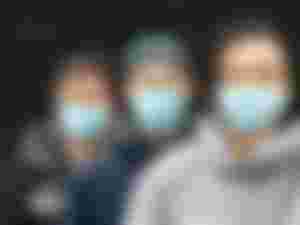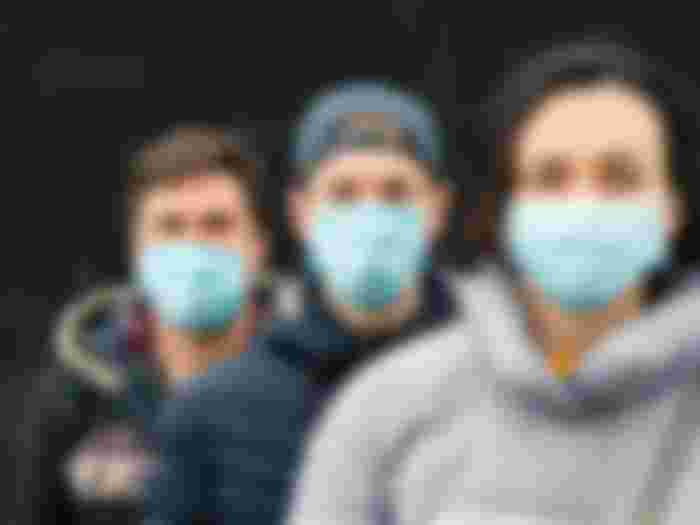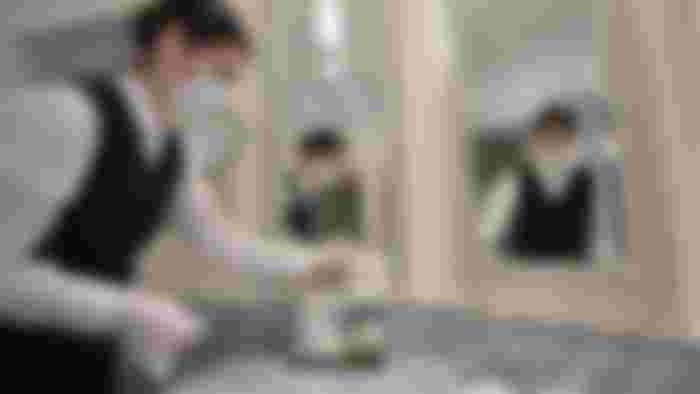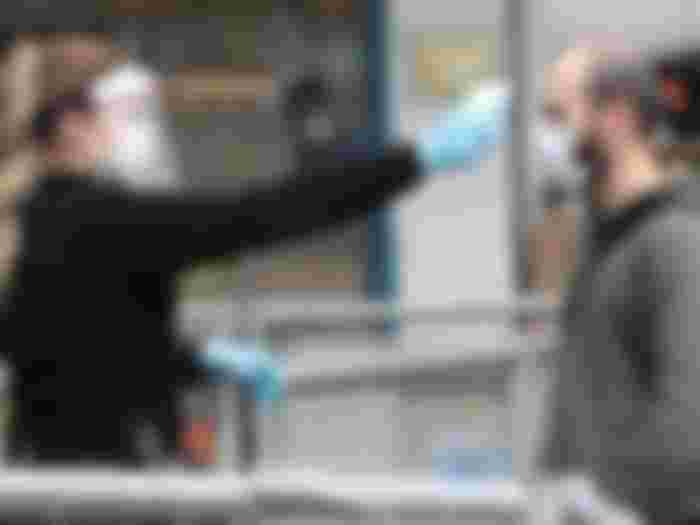Continue life, after covid isolation

It will surely be a long time before theaters, concert halls or soccer fields are full again, although some of these activities can be carried out in a limited capacity to keep the distance. Social way.
Adjust the distance in hotels and restaurants
Hotels and restaurants are businesses that are used to maintaining a high level of hygiene and cleanliness, but now they must adapt to sanitary controls to avoid risks of contagion.
Hotels will take a long time to clean the room when new guests arrive. Guests may need to wear gloves when entering the hotel and frequently exposed items such as buttons, TV remotes, light switches...
Restaurant halls are likely to use half or a third of their capacity and create 1.5 to 2 meters between tables or partitions. Also, tables and chairs must be disinfected when each guest changes.
Bars or nightclubs will be subject to the same guidelines as restaurants, although it may be more difficult for them. At these facilities, capacity reductions may be unprofitable or result in economic loss, in which case they may choose to close. The same goes for movie theaters or cinemas.

Summer without crowds
Those who took it for granted that they would not be able to continue their activities in the coming months were the cultural festivals.
This summer we will not see big parties or shows, which should be limited or canceled. Many expect this to happen in the fall, although this is unlikely to happen.
The activities that will remain must ensure social distancing and limited admission, including indoors such as concert halls or outdoors.
Holidays have to wait a long time
Many countries planned to reopen their borders as the number of infections began to decline. However, it is very likely that the movement of people will be restricted by security measures. It will surely take some time for the big rides and excursions to return to their pre-coronavirus pace. That's why it's not a good idea to plan big trips or vacations abroad right now. Likewise, access to swimming pools or beaches should be regulated in the event of a grand opening. Some coastal cities are already doing this and are considering installing plastic barriers in the sand to mark swimming areas.

Gloves and masks in all stores are very necessary.
Stores and businesses will also be required to adhere to strict health and safety procedures.
In some European countries where restrictions are beginning to be lifted, such as Sweden or Germany, stores provide customers and their employees with gloves and hand sanitizing gel. The reception capacity inside the facilities will be limited and the changing rooms will be partially opened, accessing the existing rooms to guarantee that social distancing is respected.
Clothing will also be monitored: clothing customers are trying to wear must be isolated or returned to quarantine for a period of time as a precautionary measure.
Study outside the classroom
When it comes to colleges and universities, states have followed different strategies. Some are completing the course, while others are working on the idea of returning to classes next May, taking precautions and maintaining the necessary distancing measures. Many colleges offer classes online and schedule final exams online so you don't miss out on the school year.
Instead, elementary and middle schools are considering extending summer school hours to complete in-person courses. Returning to normality once the lockdown is lifted will be more difficult as all security measures will have to be put in place. What is clear is that life will never be exactly the same. At least for a moment.


